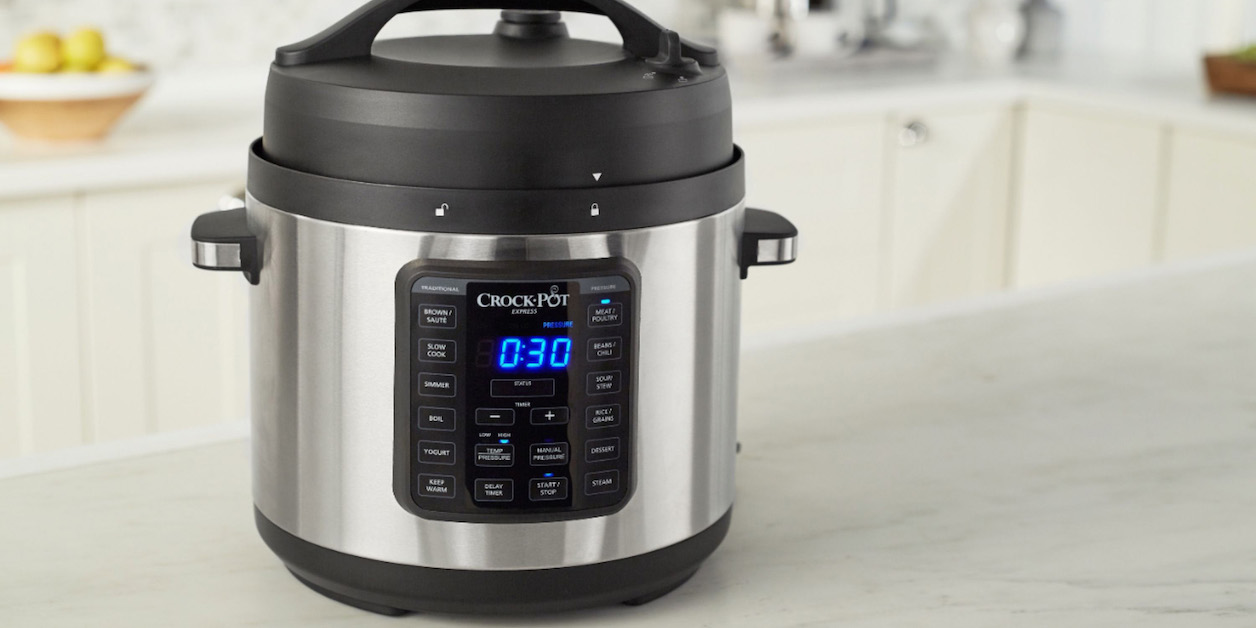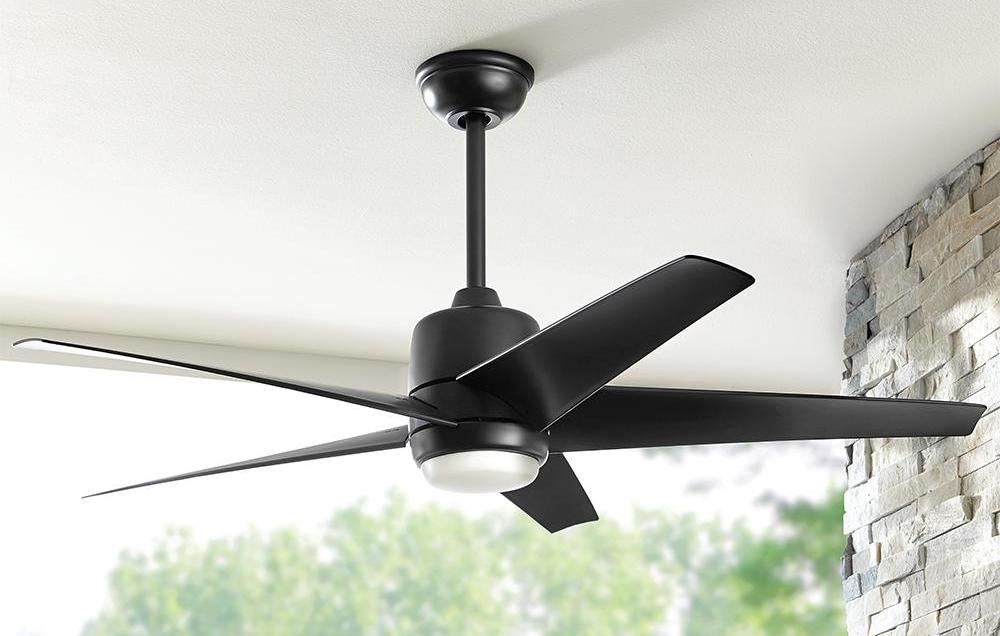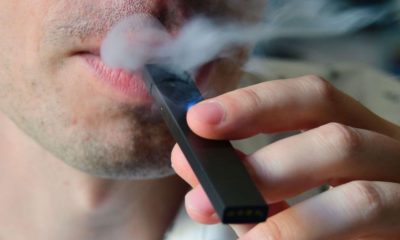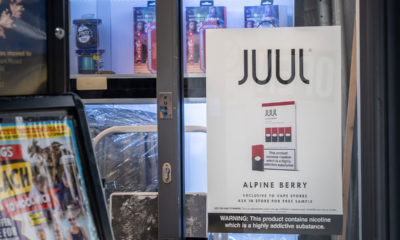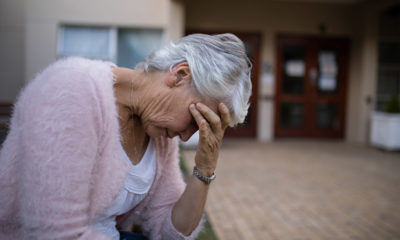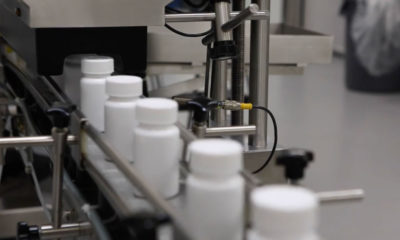After the mysterious illness tied to vaping gained notoriety during the summer of 2019, states took action to curb the manufacture and purchase of vaping products which most appealed to minors. Agencies also advocated against vaping and e-cigarette use while a conclusive link between the products and the illness was sought.
While the illness has been diagnosed in almost all the states and deaths related to the illness have occurred in more than half of the states, the concerns about vaping aren’t limited to the US. Other countries have begun taking a stance on the vaping issue.
New Zealand
The government of New Zealand is planning to introduce legislation that bans any advertisements of e-cigarettes and related products to anyone under the age of 18. The goal is to regulate the market and protect teens. At the same time, the government wants to keep e-cigarettes available for smokers who want to quit.
The bill would ban vaping products, including smokeless tobacco in areas that are already smoke-free. It would provide restrictions on who can sell these products and allow the government to recall products or suspend the manufacturing.
Unlike the US, New Zealand isn’t prohibiting flavored products. However, they limit stores that sell merchandise from selling any flavors beyond, mint, menthol and tobacco.
Indonesia
JUUL Labs Inc. announced that it as stopping sales of its vaping products in Indonesia because the market is mainly unregulated. According to the manufacturer, it can’t prevent stores from selling vaping products to underage buyers.
JUUL markets its products in Indonesia, South Korea and the Philippines as it has worked to expand into the Asian market. Critics claim that the company is using similar marketing practices to what it did in the US, which led to warnings from government regulators. JUUL has said it would suspend sales in Indonesia until it could find ways to ensure age restrictions are enforced to maintain compliance.
The manufacturer first launched in Indonesia seven months ago, allegedly targeting customers in the 19-35 age range. JUUL has also delayed expansions into New Zealand and the Netherlands which were planned before the current concerns with vaping products. It is reviewing operations in other markets on an individual country basis.
Concerns About Vaping Continue
While JUUL products aren’t the primary ones involved in the vaping illness that spread around the country, the concern about the risk for vaping in general has led to increased scrutiny. JUUL has been at the forefront of the scrutiny due to allegations that the company targeted underage vapers with its product design and advertising.
Statistics show that vaping has increased among teens, and experts believe it comes from the fruity and dessert flavors of the products coupled with the unique advertising that appeals to a younger audience. JUUL has maintained that it markets to adult smokers, but many parents and schools are concerned about the number of underage vapers who are buying and using JUUL and other vaping products. Continued research is being conducted to determine the true risk of vaping.


